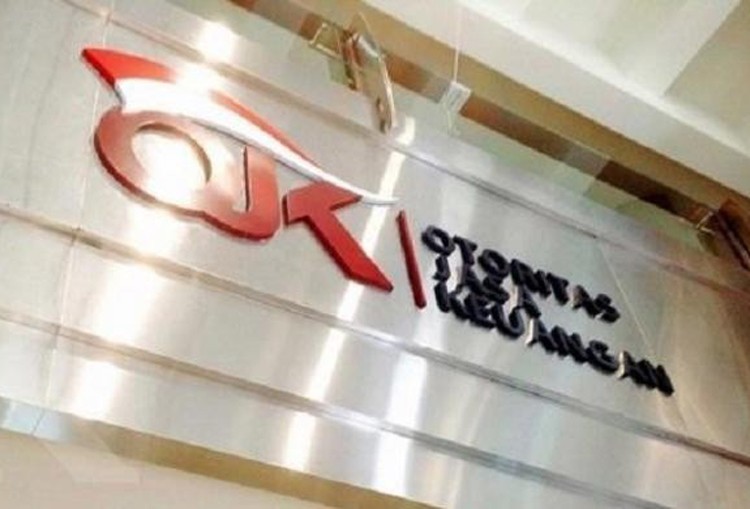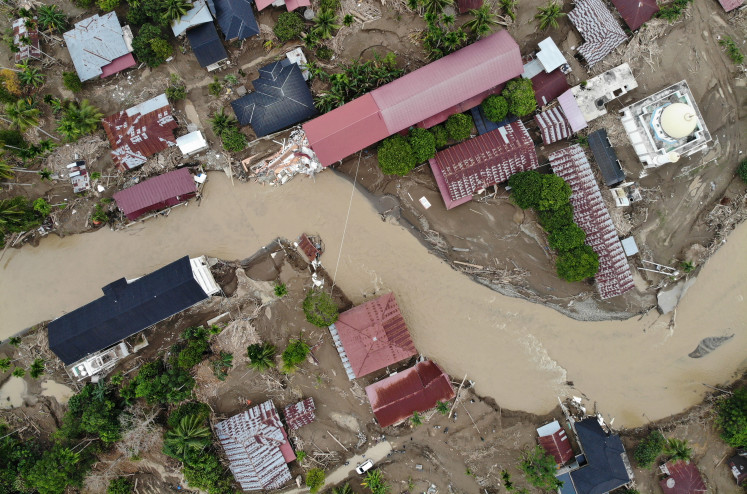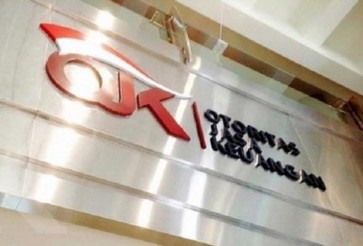Popular Reads
Top Results
Can't find what you're looking for?
View all search resultsPopular Reads
Top Results
Can't find what you're looking for?
View all search resultsTesting OJK’s consistency
The Financial Services Authority (OJK) is currently preparing a new policy regarding medium-term notes (MTN). With the new rule, the prospective MTN issuers, like bond issuers, are obliged to report their corporate actions to the OJK.
Change text size
Gift Premium Articles
to Anyone
T
he Financial Services Authority (OJK) is currently preparing a new policy regarding medium-term notes (MTN). With the new rule, which is to be implemented in the third quarter of this year, the prospective MTN issuers, like bond issuers, are obliged to report their corporate actions to the OJK.
So far, corporations can issue MTNs without having to report to the OJK. The amount of MTN issuance over the past year, for example, reached Rp 27.29 trillion (US$1.88 billion). This trend continues into 2019. The amount of MTN issuance by the end of January 2019 reached Rp 1.90 trillion, up from Rp 1.79 trillion in the same period last year.
The rise of MTN is triggered by the need of corporations for immediate funds. Options fall on MTN because the issuance process is simple. Therefore, the majority of MTN issuances take the form of private placement — instead of public offering — since they already have prospective strategic investors.
The cost of funds for MTN is also recently considered to be at a tolerable level. The interest rate difference between bonds and MTN coupons is not wide. The existing differences — in the calculation of MTN issuers — can be compensated by the term differences.
For investors, MTNs are also more attractive. The high increase in the benchmark interest rate makes investors look more at MTN instruments that have a shorter period. The investors prefer to hold assets that are not too long because of the sentiment of a rise in the benchmark interest rate.
The trend of massive MTN issuance is not obviously risk free. PT Sunprima Nusantara Pembiayaan (SNP Finance), for example, experienced a default of Rp 1.8 trillion in MTN. Also, the Finance Ministry’s employee cooperative, Arta Sarana Jahtera, failed to pay the MTN interest. The rapid growth of MTN in the 1990s is even claimed as one of the main factors of an economic crisis in 1997 and 1998.
Reflecting on those bad experiences, the OJK seems to prioritize prudential principles for controlling the growth of MTN. In OJK’s view, the requirement to report MTN gives the OJK accurate data so that anticipation of its handling can be more comprehensive.


















